By Priti
September 24, 2025,
In a disturbing echo of colonial-era discrimination, a popular rooftop café in Rajasthan’s vibrant Blue City has ignited a firestorm of controversy. A viral video circulating across social media platforms shows a group of Indian Institute of Technology (IIT) Jodhpur students being allegedly denied entry to Dylan’s Café, with the owner purportedly stating that “Indians are not allowed—only foreigners.” The clip, which has amassed millions of views, has triggered widespread fury, drawing parallels to the infamous “Dogs and Indians not allowed” signs from British rule. As netizens demand swift action, the incident raises pressing questions about inclusivity, nationalism, and the hospitality industry’s responsibilities in post-independence India.
The video, first shared on Instagram by the handle @indian.now on September 21, 2025, captures a tense phone conversation between one of the students and an individual identified as the café’s owner, Bhakhar Khan. The students, a mix of young men and women from IIT Jodhpur, had reportedly arrived at the establishment around 3 p.m. on September 20, seeking a casual hangout spot in the bustling Gulab Sagar area. What began as an innocent outing quickly turned into a nightmare of exclusion.
The footage, raw and unfiltered, has since exploded across X (formerly Twitter), Reddit, and Instagram, garnering over 5 million views and thousands of shares within 72 hours. On X, user @MeghUpdates posted the video with the caption: “ SHOCKING! IIT Jodhpur students allege that Dylan’s Café (owner: Bhakhar Khan) DENIED them ENTRY, saying: ‘Only foreigners allowed, not Indians.’ — Authorities must take STRICT ACTION.” The post alone racked up 11,731 likes and 4,140 reposts, amplifying the story to a national audience. Similar outrage poured in from influencers like @erbmjha, who tagged local police and urged: “Hello @CP_Jodhpur @BajrangDalOrg, look into this,” while @TheRealDharm lamented, “This isn’t just discrimination, it’s an insult to every citizen.”
Social media reactions have been visceral, blending shock, sarcasm, and calls for justice. One Reddit thread on r/india_tourism, titled “A cafe denied entry to IIT Jodhpur students for being Indian,” exploded to 2,856 upvotes and 628 comments. Users fumed: “If a café in Jodhpur is refusing service to Indians and only allowing white foreigners to eat there, it is blatantly illegal in India.” Another quipped, “Why even mention IIT? Isn’t being Indian enough to be allowed inside a café in our own country?” Hashtags like #BoycottDylansCafe, #IndiansNotAllowed, and #EndRacismInIndia trended briefly on X, with netizens flooding the café’s Google Maps page with one-star reviews—though some mistakenly targeted a similarly named outlet in Shillong, Meghalaya, prompting warnings to “check the address carefully.”
The backlash has transcended online forums, spilling into real-world demands. Students from IIT Jodhpur have reportedly lodged a formal complaint with the local police, citing violations of Article 15 of the Indian Constitution, which prohibits discrimination on grounds of religion, race, caste, sex, or place of birth. Rajasthan’s Chief Minister Bhajan Lal Sharma’s office has been flooded with emails and tags, This is a shame to country.” Local BJP leaders have echoed the sentiment, with one anonymous MLA telling reporters, “This is not just a business issue; it’s a matter of national pride. We will not tolerate colonial mindsets in modern India.”
Dylan’s Café, nestled in the heart of Jodhpur’s old city near the iconic Clock Tower and just a short walk from Mehrangarh Fort, has long been a backpacker’s haven. Established nine years ago, the rooftop eatery boasts stunning views of the Mehrangarh Fort silhouetted against the sunset, serving a fusion of Rajasthani, Indian, and European cuisines. Its guest house annex offers budget-friendly rooms with air-conditioned comfort, free WiFi, and a terrace bar that attracts international tourists. TripAdvisor reviews rave about the “delicious food” and “kind staff,” with one recent visitor noting, “Salim and his team were so welcoming and friendly… incredible view of the Fort.” Booking.com rates it 9.0 for location, praising its proximity to attractions like Jaswant Thada and Umaid Bhawan Palace.
Yet, this idyllic facade now stands tarnished. The café’s official owner, Salim Khan—not Bhakhar Khan, as initially misidentified in viral posts—has broken his silence in interviews with multiple outlets. Speaking to Moneycontrol on September 22, Khan refuted the allegations, calling the video a “misrepresentation” born of a “heat-of-the-moment” misunderstanding. “Around 3 p.m. on September 20, a group of local youth, including three to four IIT students and a few young women, visited our café and asked for couple booths,” he explained. “We do not have specific seating like that; ours is just a rooftop café. We’ve been running this business for nine years and welcome all guests—local and international. We also have a lodging facility, and at the moment, we have three Indian guests staying with us.”
Khan emphasized the café’s inclusive ethos, pointing to its diverse clientele and menu options for vegetarians. “It was said in frustration when they insisted on private seating we don’t offer,” he added. “We serve everyone—Indians make up a huge part of our business.” India Today corroborated this on September 23, quoting café manager Salim (possibly the same individual) denying any discriminatory policy: “The matter stemmed from a misunderstanding.” Jodhpur Police have confirmed an investigation is underway, with SP Jyoti Kanwar stating, “We are verifying the facts and will take appropriate action if laws have been breached.”
Legal experts weigh in on the gravity of the situation. Under the Equal Remuneration Act and consumer protection laws, establishments open to the public cannot discriminate based on nationality. “This could amount to a cognizable offense under Sections 153A (promoting enmity) and 505 (public mischief) of the IPC,” says advocate Neha Singh, a Delhi-based rights lawyer. “If proven, the café could face fines, license revocation, and even closure.” Comparisons to past incidents—like the 2019 Goa club controversy where locals were barred—underscore a pattern of “foreigner-first” biases in tourist hotspots, often justified as catering to “international standards.”
As the dust settles, the incident has sparked broader discourse on internalized colonialism and economic nationalism. Tourism contributes over 6% to India’s GDP, with Rajasthan alone welcoming 80 million visitors annually. Yet, voices like travel blogger @RustlingBear argue, “Are we still slaves? Even today, some people are denying Indians entry to places built in India.” On the flip side, supporters of the café urge caution against “trial by social media,” highlighting how misinformation—like the wrong owner’s name—can destroy livelihoods.
For the IIT students at the center of the storm, the emotional toll is evident. One anonymous student shared with Vibes of India, “We felt humiliated, like second-class citizens in our own home. Being IITians doesn’t matter; it’s about basic dignity.” Their story resonates with millions, reminding us that true hospitality knows no borders—least of all within one’s own.
As investigations continue, the nation watches. Will Dylan’s Café apologize and reform, or will this become another cautionary tale of unchecked bias? One thing is certain: in 2025, “Indians not allowed” has no place in the land of the free.
read this-trump claims india and china for russia ukraine war
Discover more from AMERICA NEWS WORLD
Subscribe to get the latest posts sent to your email.
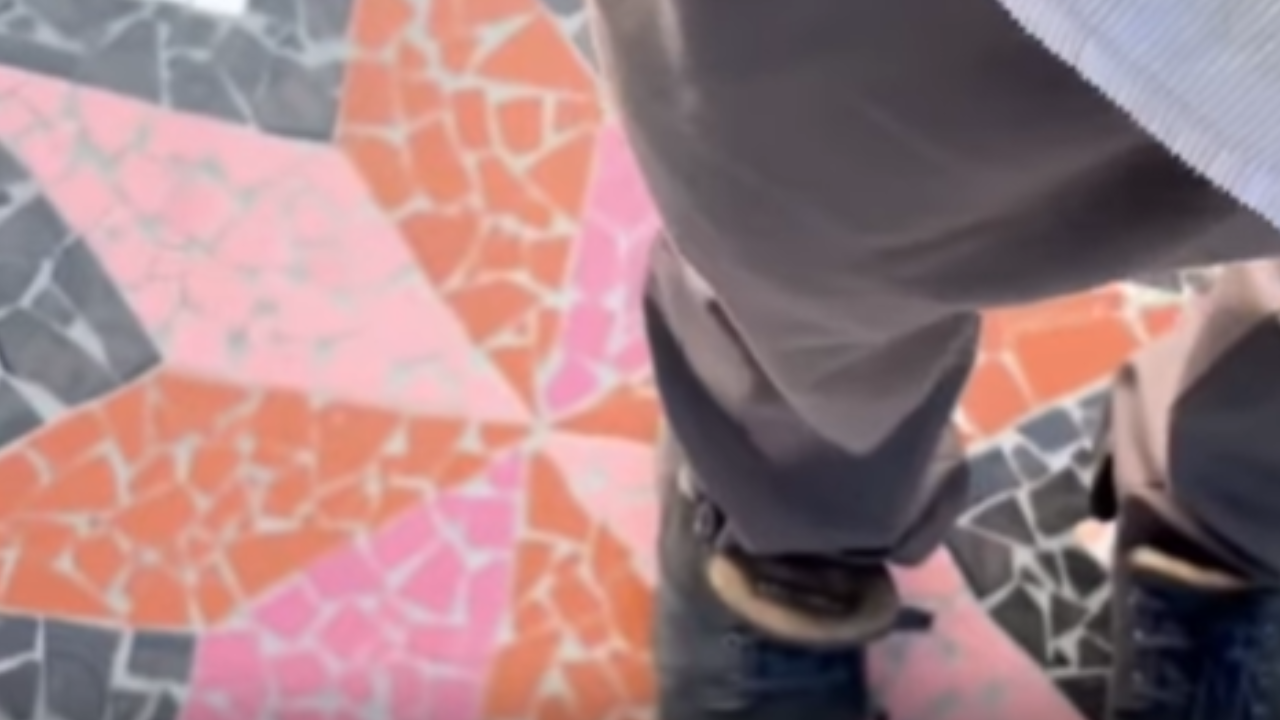




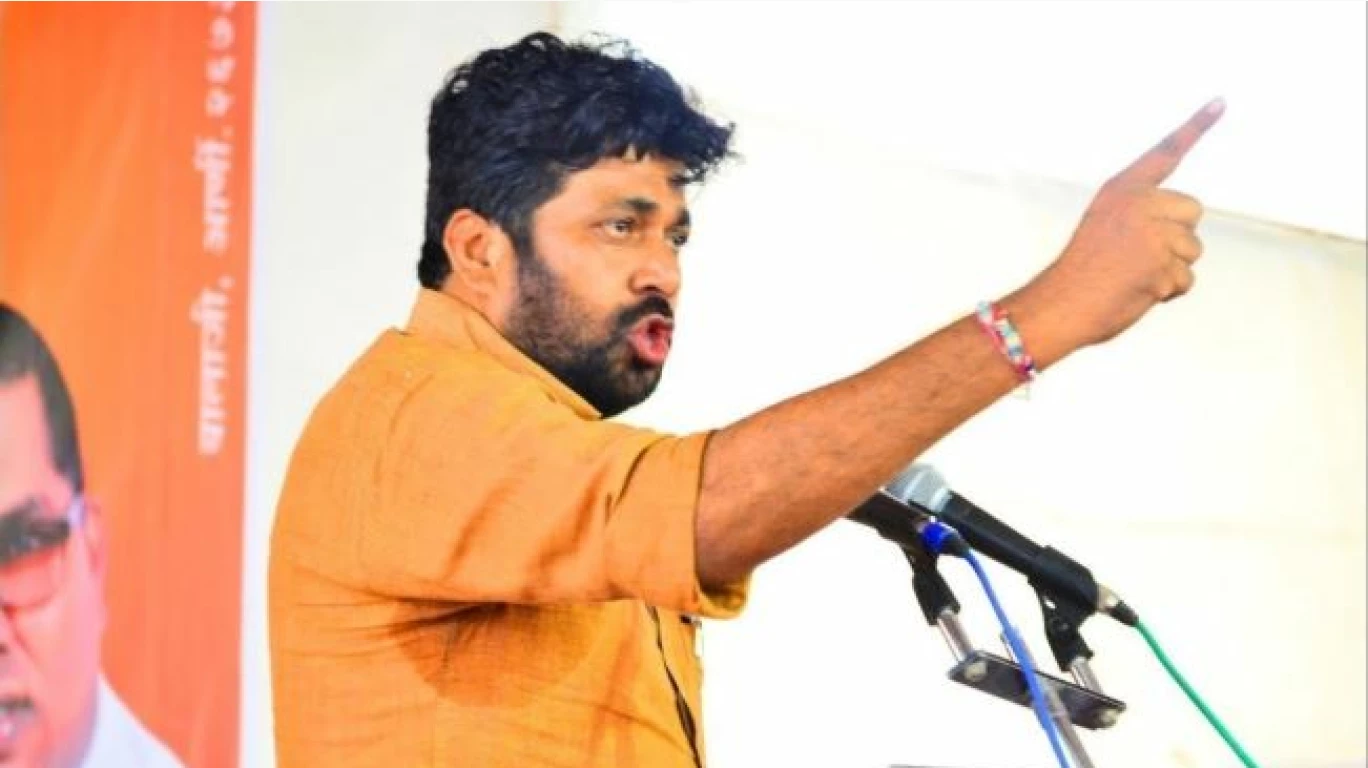



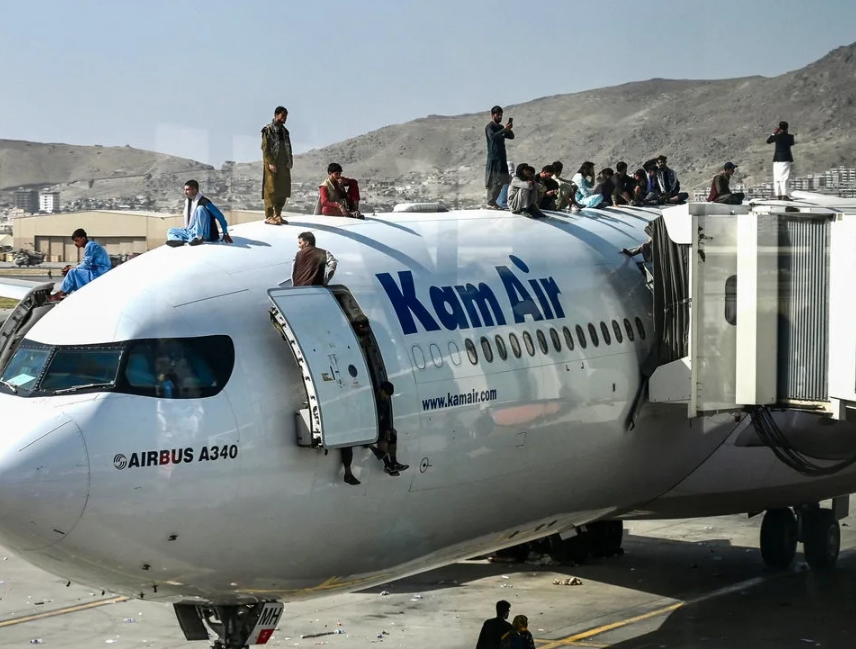

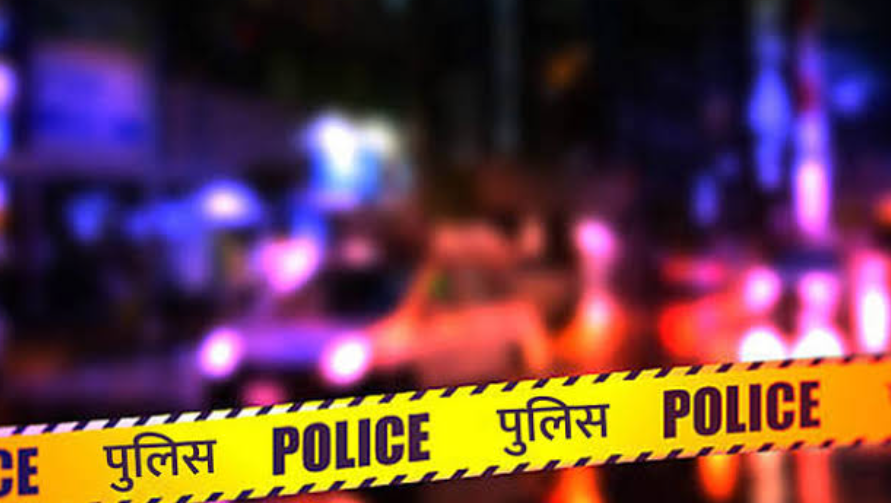

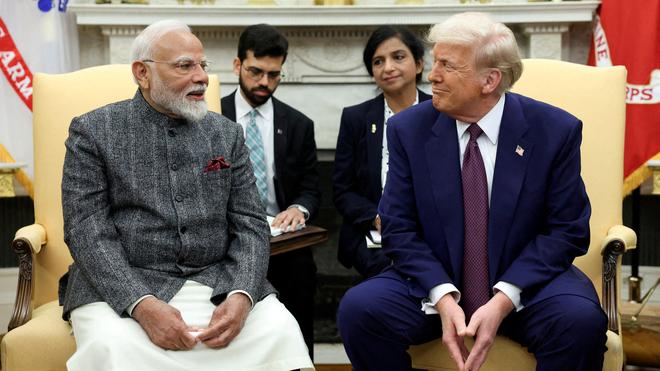










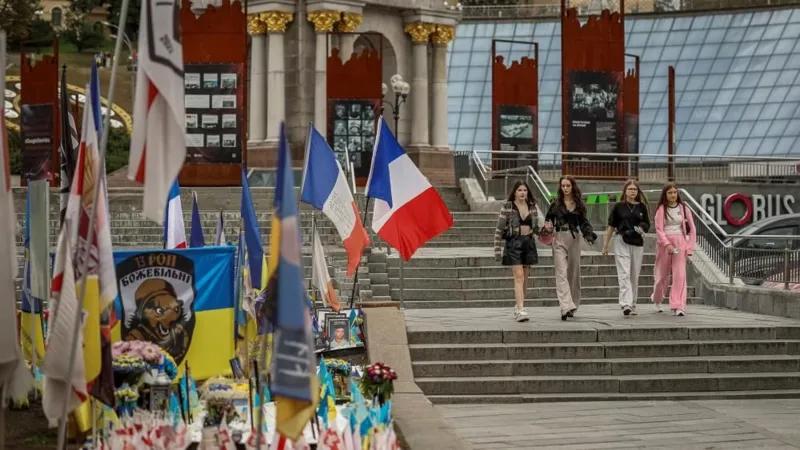












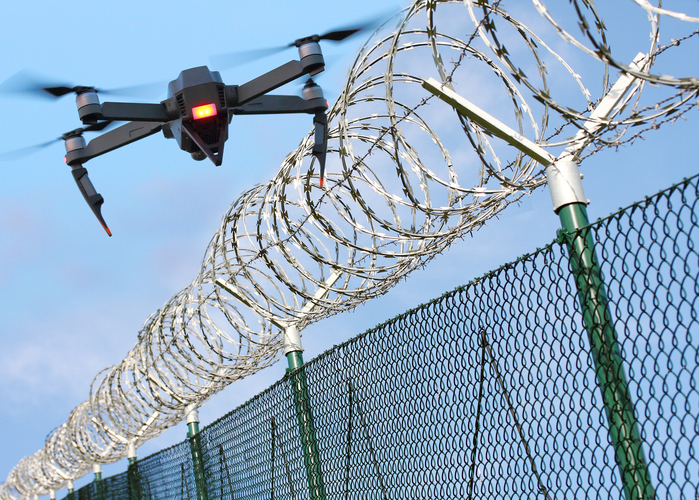

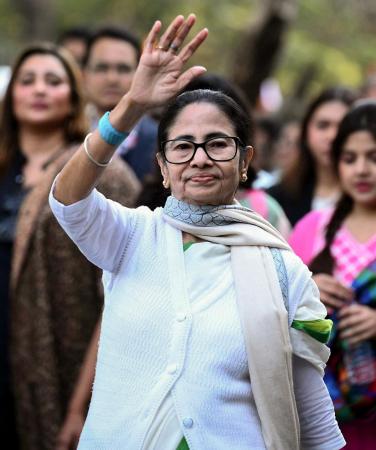

Leave a Reply